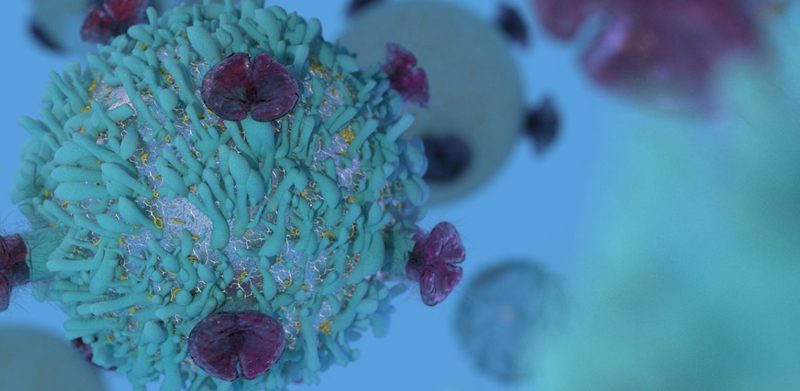After stints at Eli Lilly, Boehringer Ingelheim and Bristol Myers Squibb, Sid Kerkar, M.D., is hopping over to a small biotech, where he will oversee immuno-oncology R&D.
He joins Exuma Biotech as the CAR-T player presents preclinical data for a treatment targeting Her2-expressing tumors at a tumor immunology and immunotherapy-focused meeting of the American Association for Cancer Research.
CAR T-cell therapies may have transformed the treatment of certain blood cancers, but they still face challenges in solid tumors, including how to target and kill cancer cells without harming healthy ones.
Exuma’s solution is “logic gating” technology, which allows CAR T cells to switch on when they “see” their target antigen in the tumor microenvironment. If the CAR T cells detect the target antigen, like Her2, on healthy cells, they don’t activate, reducing the risk of side effects.
Beyond making CAR-T safer, Exuma is also working to make it cheaper and faster. CAR-T treatments involve collecting T cells from a patient’s blood and then engineering them to express CARs on their surface. The new CAR T cells are then grown in the lab and reinfused into the patient, where they can target and attack the specific antigens expressed by their own cancer cells. This can be time-consuming, especially if the cells need to travel a long way to the lab.
Exuma wants to build a rapid point-of-care system for autologous treatments—that is, made from a patient’s own cells—to get patients in and out on the same day. Other companies such as Allogene, Cellectis and AlloVir are working on allogeneic, or off-the-shelf, CAR-T treatments that are made from donor cells.
“Dr. Kerkar brings to EXUMA Biotech a breadth of experience as a distinguished oncology research fellow, a biomedical scientist, and leader in the field of T cell biology to support global oncology programs,” Exuma CEO Gregory Frost, Ph.D., said in a statement. “As our teams seek to advance new therapeutic paradigms, Dr. Kerkar’s expertise will help us deliver on the promise of these potentially groundbreaking cellular therapies for cancer patients.”
Before working in Big Pharma, Kerkar did postdoctoral research at the National Cancer Institute on genetically modifying T cells with cytokines to reverse the immunosuppressive effects of the tumor microenvironment.

